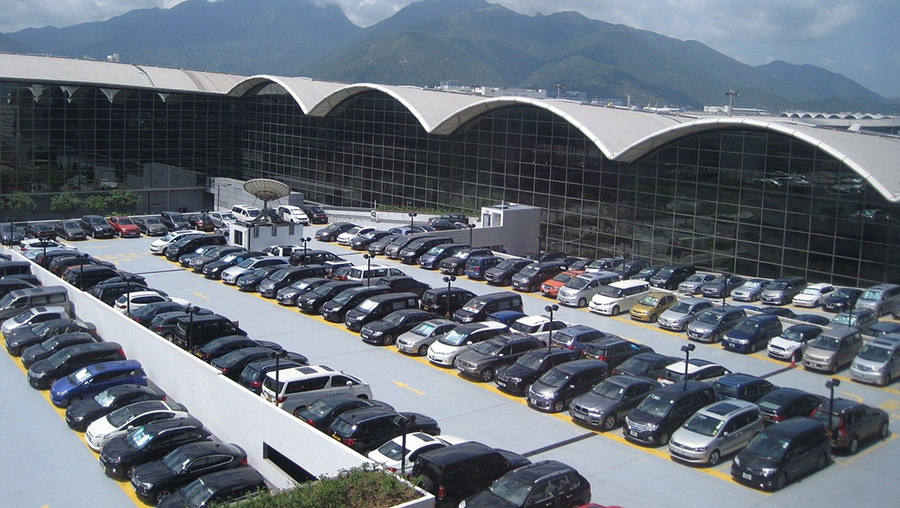Plenty of models on sales, but no customers, Chinese auto market has fell off the cliff. New emissions standard in the European Union is causing more turmoil for the motor industry.

A difficult road ahead for the automotive industry. After several bumper years, sales are slowing down, and in some markets plunging. Carmakers and their suppliers are already warning that thousands of jobs are at risk.
One of the most dramatic slump has been in China, where sales have fallen in fifteen of the last sixteen months. Over the past year, the isles of the auto supermarket have emptied. Customers nowhere to be seen, and fewer models on offer. Salesmen are having trouble making ends meet, and they are weighing their options.
One of the reasons for this slump is drastic change in emissions regulations. Last summer, authorities in some of China’s largest cities implemented new standards earlier than expected, leading manufacturers and car dealers scrambling.
On top of that, an economic slowdown is weighing on consumer confidence, turning people away from big expensive items like new cars.

However, one sector seems to be bucking this trend. Luxury car sales are still strong, as China’s wealthy still keep looking to improve their quality of life. Three million luxury vehicles were sold in China last year, an increase of 5 percent from previous year.
Its not just China that is seeing the slowdown, the industry is facing a myriad of challenges. Worries are deepening across the sector. Tales are following around the world, UK saw car sales decline by 2.5 percent for the first nine months in 2019. Also, sales were down across the EU as a whole, down 1.6 percent. United States saw 1.4 percent drop in sales despite robust economic growth. India, once the industry’s most prominent market has seen ten straight months in decline in sales, and they were down about 25 percent.
Why the downturn? Trade disputes between United States and its partners like China and European Union are hurting both exports and demand. Brexit is hitting UK carmakers, especially hard in the investment sector, which is down about 75 percent. Tightening emissions standard in the EU, or forcing the industry to spend big on developing electric models.
Meanwhile, new technologies like, car sharing and ride hailing apps are shifting consumer attitude away from car ownership all together. The situation comes with real consequences. 2019 has seen industry layoffs hit their fastest pace since the financial crisis.
Nissan has announced over 12,500 job cuts worldwide over the next four years. Ford plans to layoff some 19,000 workers by 2021. Suppliers being hit as well, German parts maker Brose said it plans to cut 2,000 jobs over the next three years.
For the future, the picture remains grim. A key survey shows car industry activity at a near record low, with declining production reducing world economic output. Many analysis believe car sales are already past their peak in key global markets, meaning the industry could be in long slow decline.









